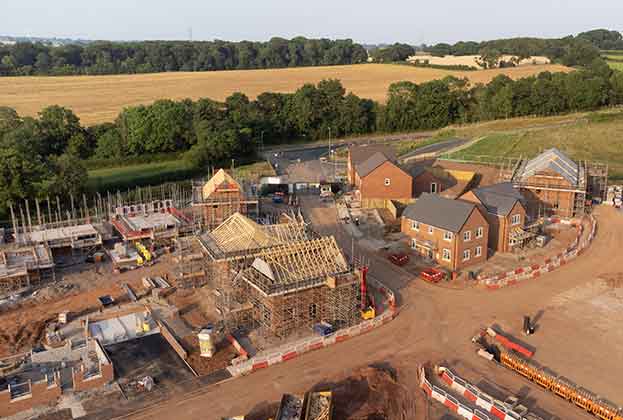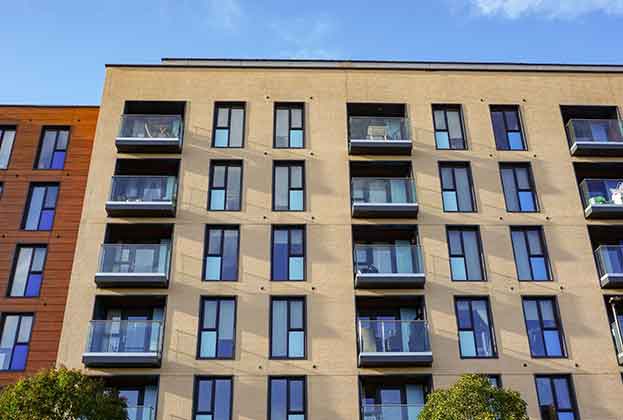Shortly after the pandemic began, the Government introduced legislation that permitted local authorities across the UK to adapt to the inability to hold face-to-face meetings by allowing them to become virtual.
Whether this involved pre-application meetings, design meetings, members’ briefings or planning committees, the way that we interacted with our local authority counterparts quickly changed. Despite some technological teething problems, the swift adoption of virtual alternatives was critical in ensuring that planning did not completely stall.
In March the Government announced that from 7 May 2021, virtual planning committees would stop and in-person meetings would need to resume. Simultaneously a consultation was launched calling for evidence as to why the express provision to hold remote meetings should be extended beyond the scope of the pandemic.
Having engaged in a significant number of face-to-face and remote meetings across the country, we consider that there are benefits to allowing remote meetings to continue, and representations were submitted by Savills on this basis. Here’s why:
Decisions, decisions
The move to virtual meetings has not affected the number of decisions taken, evidenced by government-published statistics which show that in 2019/2020, 88 per cent of major applications were determined within 13 weeks or an agreed time limit, which is consistent with previous years. We believe that it would be good for decision making (and so the planning process overall) if LPAs continue to be able to hold meetings virtually or in a hybrid form.
Accessibility
Allowing meetings to be held remotely allows for wider participation by giving the public the opportunity to engage from home. It also removes capacity issues at public venues.
Holding LPA meetings in person can make it more difficult to become involved. For example, those with childcare responsibilities, disabled or less mobile people, or those who live far away from civic centres and do not have convenient means of travel can be excluded.
The latter is especially prevalent given that the vast majority of meetings (particularly planning committees) are held in the evening when, in some parts of the country, public transport is less frequent or completely unavailable. Reducing the need to travel can therefore have social/wellbeing benefits and can assist in tackling climate change by reducing greenhouse gas emissions from vehicles.
The planning system is built on accessibility, accountability and transparency. We consider the democratic process is more successfully achieved when greater public access can be allowed.
Documents
Our experience is that presentations can be viewed more easily and followed by those engaging or observing as screen sharing means that physical barriers that may be present in a council chamber and could cause problems seeing presentation slides are removed.
Structure
Provided proper governance and protocols are in place, remote meetings have generally been well structured and enabled an orderly debate. Features such as the mute and raise hand functions allow for less disruption. Chat functions can be used to enable questions to be raised without interrupting the speaker.
Room for improvement?
Notwithstanding the benefits, we recommended improvement measures These include training for members and published protocols for meetings on matters such as camera positioning. Reading facial and body language and ensuring that those participating are not distracted will help ensure those making decisions are doing so with full knowledge of the debate, and safeguard transparency in the decision making process.
Furthermore, it is important to have some degree of consistency of approach across LPAs. This need not interfere with the specific rules of a particular planning committee – for example, the number of speakers or length of time allocated – but rather relates to technical platforms and the other technical issues mentioned above.
If it’s not broken…
There have been several clear and obvious benefits from moving online, and abandoning the steps that planning has made to adopt and embrace technology in the past 18 months would seem to be a regressive move.




.jpg)
.jpg)
.jpg)
.jpg)
.jpg)

